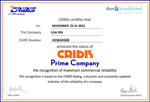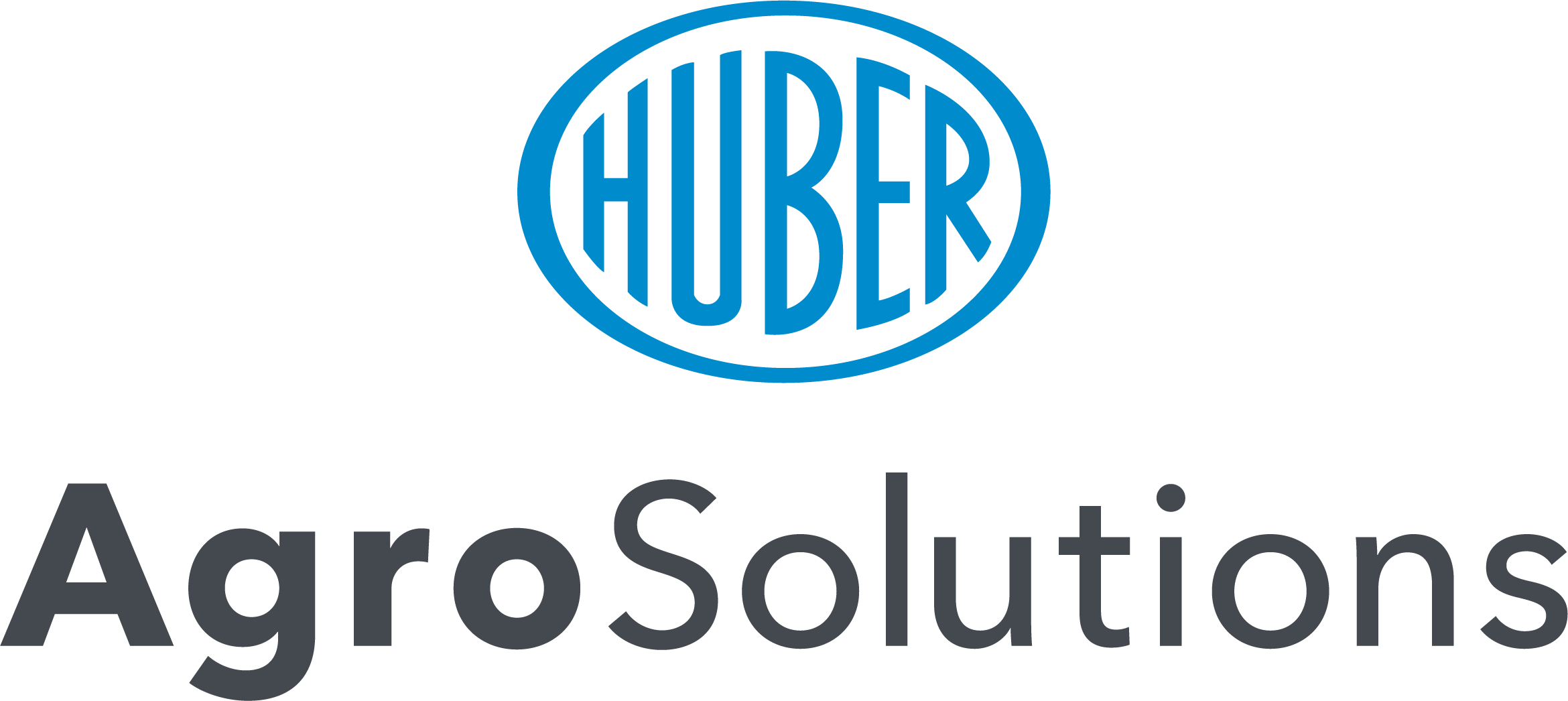PROMOTES FRUIT DEVELOPMENT
What is it?
ILSAFORMA is a formulation with a bio-stimulant action which promotes the increase in size of the fruit. It is composed of a co-formulant from enzymatic hydrolysis and a fluid extract of yeasts containing brown algae (obtained by cold extraction). The action of ILSAFORMA is due to the presence of mannitol, alginates (activators of the biosynthetic pathways of natural hormones), peptides and amino acids specific for the enlargement and ripening phases (glycine, aspartic acid, valine, alanine, leucine, isoleucine). These components enable cell division and distension and the nutritional support of fruits until ripening. ILSAFORMA has a sub-acid pH and low salinity.
How is it used?
ILSAFORMA should be applied on the leaves, starting from post-setting, at least 4-5 times during the fruit enlargement phase. The stability of the formulation, the low salinity and the sub-acid pH allow mixing ILSAFORMA with any other product, both fertiliser and plant protection product, therefore the application can be carried out during normal pesticide treatments.
What benefits does it provide?
- It increases the size of the fruit, therefore increasing the yield and it improves the quality;
- It enables a balanced development of the fruit and tissues while increasing the size, it limits the risks of cracks in the fruit;
- It allows obtaining fruit in commercially superior quality categories, thereby increasing the commercial value of the production;
- It limits stress during ripening, therefore guaranteeing yield and quality even in adverse conditions.
Chemical and physical features
- LIQUID BROWN COLOUR
- pH 5,0 ± 0,5
- DENSITY 1,17 ± 0,02 kg/dm3
- CONDUCTIVITY 1,25 ± 0,20 dS/m
COMPOSITION
-
Total Nitrogen (N) 5 %
- Of which: Organic Nitrogen (N) 5 %
- Organic Carbon (C) 18 %
Contains in particular
- FLUID YEAST EXTRACT CONTAINING BROWN ALGAE
- CO-FORMULANT FROM ENZYMATIC HYDROLYSIS
Characterising substances
- ALANINE, GLYCINE, LEUCINE, VALINE, ASPARTIC ACID, ALGINATES, MANNITOL
ACTIONS OF THE CHARACTERISING SUBSTANCES
| INCREASE IN CELL DIVISION AND EXPANSION | NUTRITIONAL BALANCE UP TO RIPENING | |
|---|---|---|
| AMINO ACIDS FROM ENZYMATIC HYDROLYSIS |

|

|
| MANNITOL AND ALGINATES |

|
|
| POLYSACCHARIDES AND POLYPHENOLS |

|
Doses and methods of use of the fertilizer
-
Citrus
-
Bergamot2,5 - 3 kg/haEvery 10-15 days from fruit set to veraison
-
Cedar2,5 - 3 kg/haEvery 10-15 days from fruit set to veraison
-
Chinotto2,5 - 3 kg/haEvery 10-15 days from fruit set to veraison
-
Clementine2,5 - 3 kg/haEvery 10-15 days from fruit set to veraison
-
Grapefruit2,5 - 3 kg/haEvery 10-15 days from fruit set to veraison
-
Lemon Tree2,5 - 3 kg/haEvery 10-15 days from fruit set to veraison
-
Mandarin2,5 - 3 kg/haEvery 10-15 days from fruit set to veraison
-
Orange Tree2,5 - 3 kg/haEvery 10-15 days from fruit set to veraison
-
-
Fruit
-
Blackberry2-2,5 kg/ha3-4 applications every 7-10 days from the first fruit set
-
Blackcurrant2-2,5 kg/ha3-4 applications every 7-10 days from the first fruit set
-
Blueberry2-2,5 kg/ha3-4 applications every 7-10 days from the first fruit set
-
Fig2-2,5 kg/ha3-4 applications every 7-10 days from the first fruit set
-
Gooseberry2-2,5 kg/ha3-4 applications every 7-10 days from the first fruit set
-
Hazelnut2-2,5 kg/ha3-4 applications every 7-10 days from the first fruit set
-
Kiwi2,5-3 kg/ha3-4 applications every 7 days after petal fall
-
Pistachio2-2,5 kg/ha3-4 applications every 7-10 days from the first fruit set
-
Raspberry2-2,5 kg/ha3-4 applications every 7-10 days from the first fruit set
-
Redcurrant2-2,5 kg/ha3-4 applications every 7-10 days from the first fruit set
-
Sorb2-2,5 kg/ha3-4 applications every 7-10 days from the first fruit set
-
Strawberry in greenhouse2-2,5 kg/ha3-4 applications every 7-10 days from the first fruit set
-
Walnut2-2,5 kg/ha3-4 applications every 7-10 days from the first fruit set
-
-
GrapeVine
-
Table Grape2,5-3,5 kg/ha2-4 applications every 10-12 days from fruit set
-
-
Olive Tree
-
All2,5-3,5 kg/haEvery 10-15 days from fruit set to veraison
-
-
Pome fruits
-
Apple2,5 - 3 kg/ha3-4 applications every 7 days after petal fall
-
Pear2,5 - 3 kg/ha3-4 applications every 7 days after petal fall
-
-
Stone fruits
-
Apricot2,5 - 3,5 kg/haEvery 10-15 days from fruit set to veraison
-
Cherry2,5 - 3,5 kg/haEvery 10-15 days from fruit set to veraison
-
Nectarine2,5 - 3,5 kg/haEvery 10-15 days from fruit set to veraison
-
Peach2,5 - 3,5 kg/haEvery 10-15 days from fruit set to veraison
-
Plum2,5 - 3,5 kg/haEvery 10-15 days from fruit set to veraison
-
-
Vegetables
-
Courgette2,5-3 kg/ha2-4 applications every 10-15 days from fruit enlargement
-
Courgette in greenhouse2,5-3 kg/ha2-4 applications every 10-15 days from fruit enlargement
-
Cucumber / Gherkin2,5-3 kg/ha2-4 applications every 10-15 days from fruit enlargement
-
Eggplant2,5-3 kg/ha3-4 applications every 7-10 days from the first fruit set
-
Eggplant in greenhouse2,5-3 kg/ha3-4 applications every 7-10 days from the first fruit set
-
Melon2,5-3 kg/ha2-4 applications every 10-15 days from fruit enlargement
-
Melon in greenhouse2,5-3 kg/ha2-4 applications every 10-15 days from fruit enlargement
-
Pepper2,5-3 kg/ha3-4 applications every 7-10 days from the first fruit set
-
Pepper in greenhouse2,5-3 kg/ha3-4 applications every 7-10 days from the first fruit set
-
Processing Tomato2,5-3 kg/ha3-4 applications every 7-10 days from the first fruit set
-
Strawberry2-2,5 kg/ha3-4 applications every 7-10 days from the first fruit set
-
Tomato2,5-3 kg/ha3-4 applications every 7-10 days from the first fruit set
-
Watermelon2,5-3 kg/ha2-4 applications every 10-15 days from fruit enlargement
-
The dose indicated in the table has been calculated by taking into account an irrigation volume of about 500-600 litres of water per application. The doses shown should be considered as merely indicative and may vary according to pedoclimatic conditions and average yields expected.
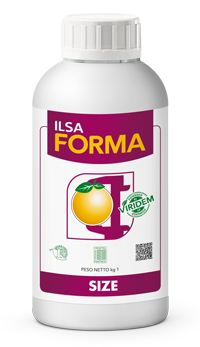







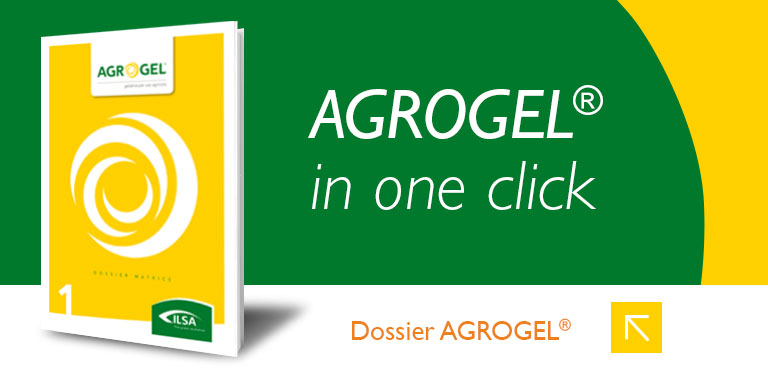
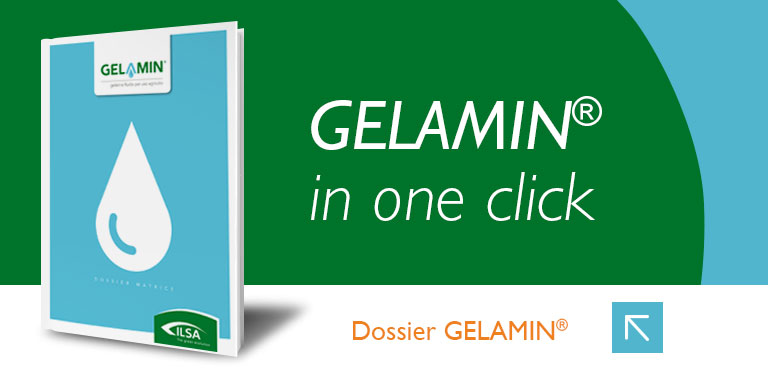
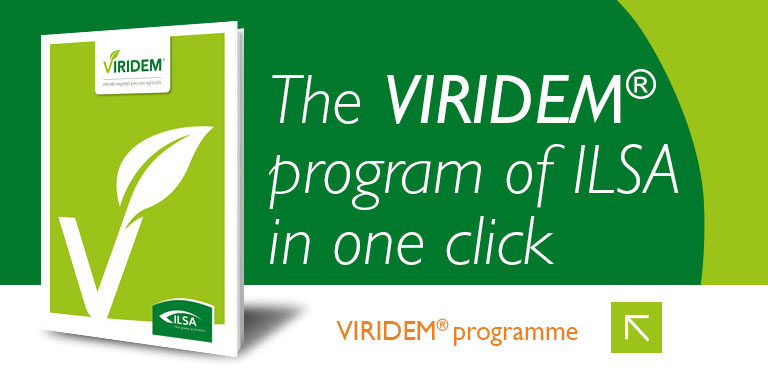

.png)



